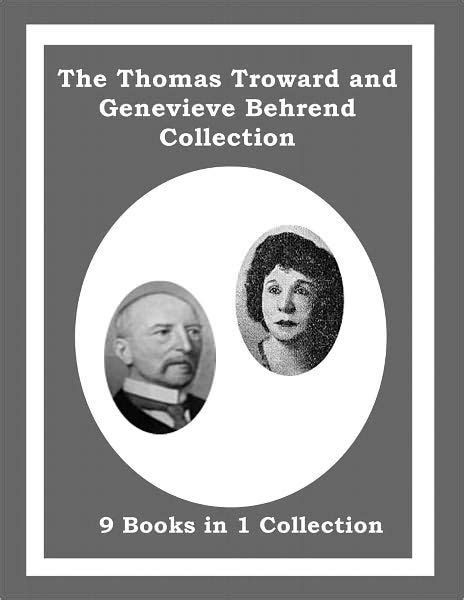A Quote by John Maynard Keynes
The disruptive powers of excessive national fecundity may have played a greater part in bursting the bonds of convention than either the power of ideas or the errors of autocracy.
Related Quotes
John Marshall's warning that the power to tax is the power to destroy has taken on far greater meaning... more specifically, the power of the Internal Revenue Service is threatening to destroy the freedom of religion , guaranteed by the First Amendment. As part of that guarantee, Congress has granted tax exemptions for churches to avoid excessive interference in their religious activities.
There are more ideas on earth than intellectuals imagine. And these ideas are more active, stronger, more resistant, more passionate than "politicians" think. We have to be there at the birth of ideas, the bursting outward of their force: not in books expressing them, but in events manifesting this force, in struggles carried on around ideas, for or against them. Ideas do not rule the world. But it is because the world has ideas (and because it constantly produces them) that it is not passively ruled by those who are its leaders or those who would like to teach it, once and for all, what it must think.
Somehow super power and hero are so synonymous that they get combined into one word, 'superhero,' whereas I'm kind of more interested in separating those two ideas out. You have characters with super powers who may or may not be heroic, because human beings aren't all heroic. I tend to be drawn to antiheros.
The study of the errors into which great minds have fallen in the pursuit of truth can never be uninstructive. . . No man is so wise but that he may learn some wisdom from his past errors, either of thought or action, and no society has made such advances as to be capable of no improvement from the retrospect of its past folly and credulity.




































